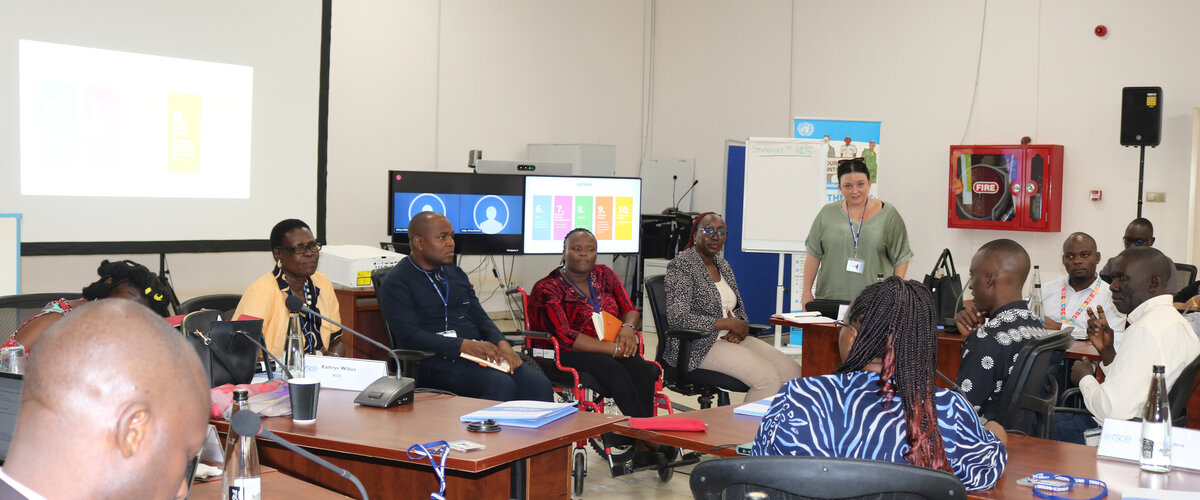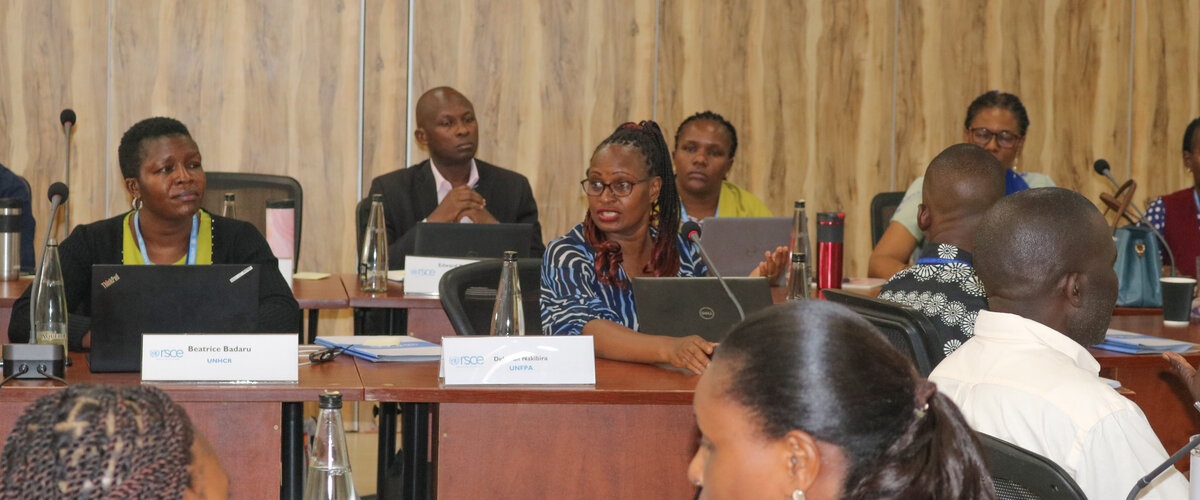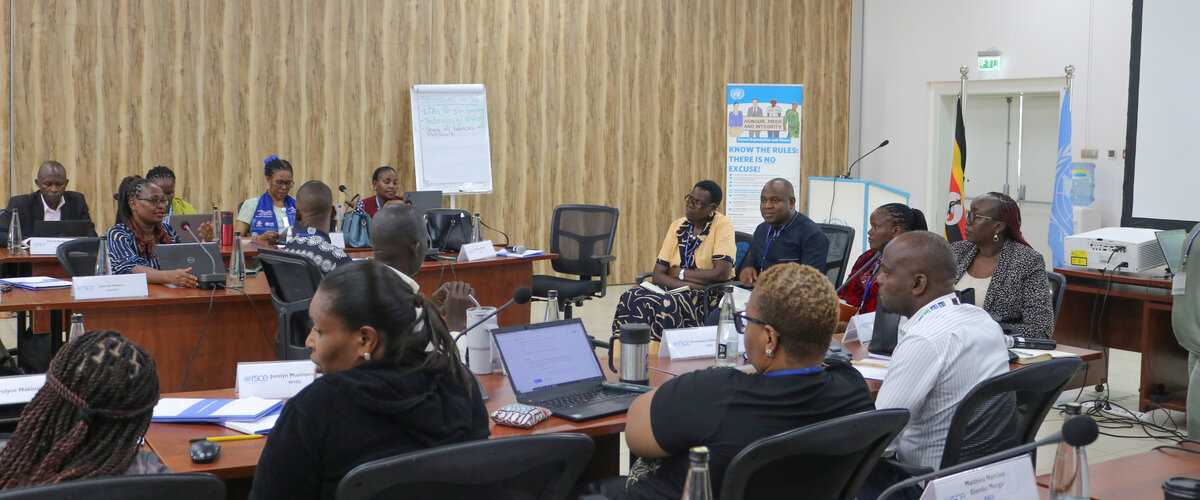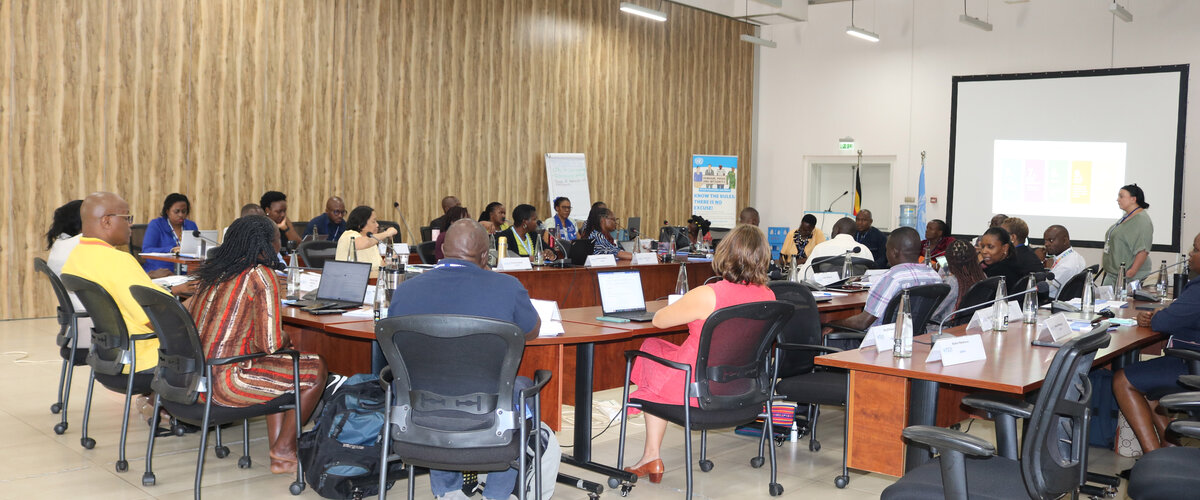UN in Uganda to Strengthen Gender-Responsive and Disability-Inclusive Recruitment and Retention
“The UN, as the principal international standard-setting institution, bears a special responsibility to lead by example and leave no one behind. It has a pivotal role in supporting the full, effective and accelerated implementation of the Beijing Platform for Action.” UN Secretary-General Antonio Gutteres.
The UN Secretary General has placed the achievement of gender parity in the UN System as an urgent priority, both in terms of human rights and as it is essential to the United Nations’ efficiency, impact, and credibility. He launched the UN Strategy on Gender Parity on 13 September 2017, to operationalize system-wide efforts to advance this priority at the United Nations.
The Strategy sets a common UN global target to achieve gender parity by 2026 and touches five key topics of Gender parity, Leadership and Accountability, Recruitment, Retention, Progression and Talent Management, Senior Appointments and Creating an Enabling Environment.
Correspondingly, the UN System in Uganda undertook a comprehensive assessment of gender parity and organizational culture in Uganda to help identify core challenges and opportunities, which resulted in a UNCT Uganda System-Wide Strategy on Gender Parity and Action Plan. As part of this strategy, the UN System in Uganda committed to work collectively to advance gender parity through, among others enhancing the recruitment, retention, advancement, and talent management of women within the System, with a series of actions.
This assessment revealed significant training, knowledge and skills gaps across gender and human rights capacities. The UNCT adopted a Gender and Human Rights Capacity Building Plan that outlines core capacities, capacity gaps, and training needs by job function.
The UNCT in Uganda held a two-day workshop at the Regional Service Centre Entebbe co-facilitated by the RCO, UN Women, and UNFPA, with remote training provided by Office of the Focal Point for Women in the UN System. The workshop delivered an overview of key concepts, and frameworks for GEWE and human rights in Uganda, Gender responsive and disability inclusive recruitment practices, Good practices in vacancy announcements and exit surveys, and Unconscious bias training.
The workshop that was attended by members of the UN Human Resources Group and other UN human resources personnel from UN agencies operating in Uganda also worked on drafting a UNCT non-discrimination employment statement and developed a check-list and other tools for inclusive vacancy announcements in Uganda.
 UN
UN United Nations Peacekeeping
United Nations Peacekeeping







